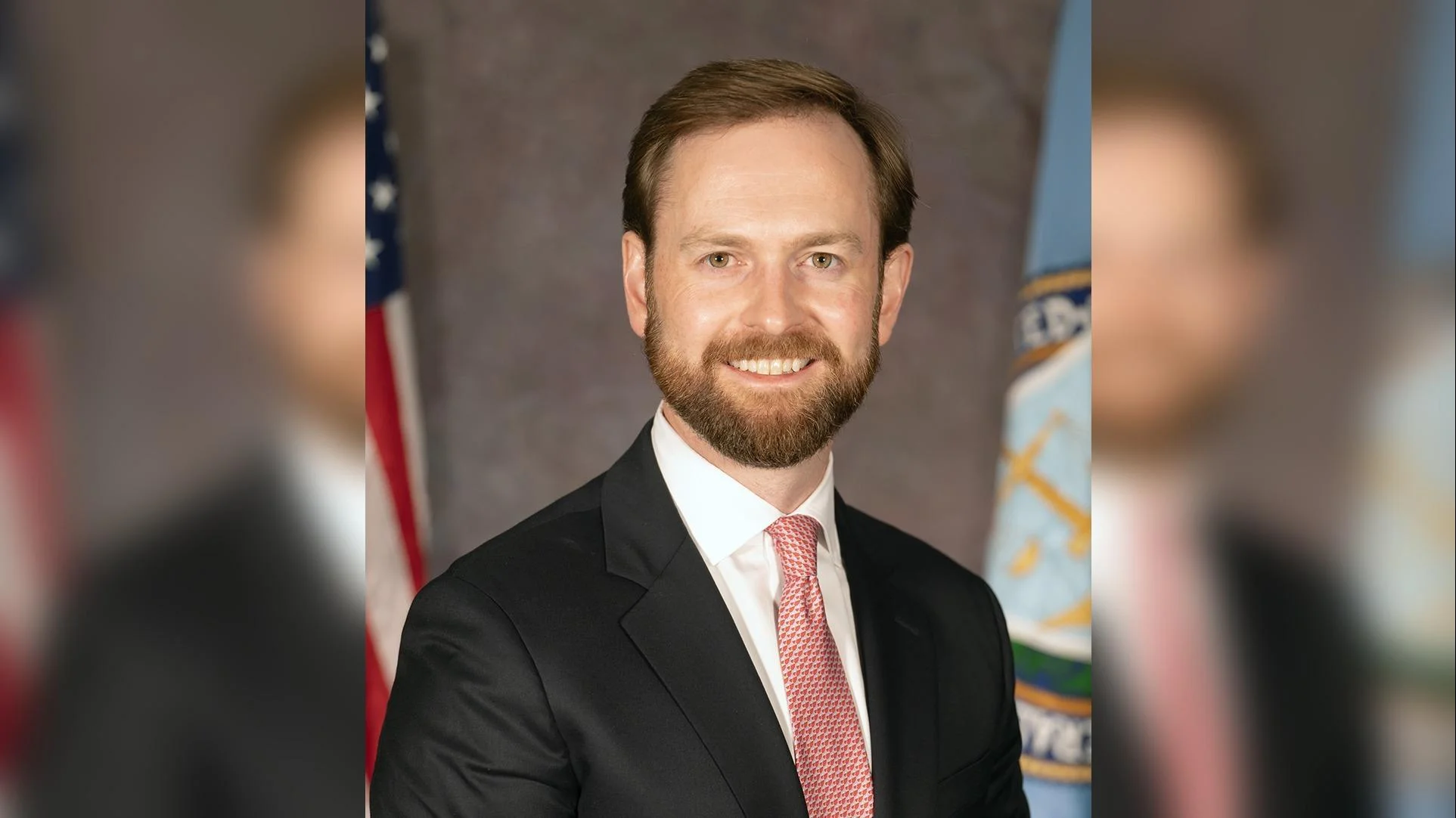The Federal Trade Commission (FTC), in partnership with the Department of Justice, the Department of Health and Human Services, and the Department of Commerce, will hold a series of listening sessions aimed at addressing prescription drug affordability in the United States. These sessions are part of the implementation of President Trump’s Executive Order No. 14273, Lowering Drug Prices by Once Again Putting Americans First.
Under the direction of FTC Chairman Andrew Ferguson and Assistant Attorney General Gail Slater from the DOJ Antitrust Division, three listening sessions will take place. The focus will be on promoting competition in pharmaceutical markets to lower drug prices for Americans. According to event organizers, "The listening sessions will focus on improving the affordability of pharmaceuticals by increasing generic and biosimilar availability and promoting competition through drug formularies and benefits. The sessions, which will feature remarks by practitioners and scholars, will cover anticompetitive practices as well as suggestions for eliminating regulatory barriers and rent seeking. The listening sessions will inform the joint report on combatting anticompetitive practices in pharmaceutical markets, as mandated by President Trump’s Executive Order."
The first session is scheduled for Monday, June 30 at 2 pm ET and will address anticompetitive conduct by pharmaceutical companies that impedes generic or biosimilar competition. Topics include strategies such as pay-for-delay agreements, exclusive supply agreements for active pharmaceutical ingredients (APIs), restricted distribution tactics, product hopping, rebating strategies, price-fixing among generics, and collusion.
A second session on Thursday, July 24 at 2 pm ET will examine formulary and benefit practices as well as regulatory abuses that impact drug competition. Discussions will cover how business relationships between manufacturers and pharmacy benefit managers (PBMs) can affect costs for health plan sponsors and patients. Issues related to vertical integration among insurers, PBMs, specialty pharmacies; formulary design; private label biosimilars; Medicare policies; interchangeability rules; improper Orange Book listings; sham litigation; misuse of REMS processes; and efforts to undermine confidence in generics or biosimilars are also on the agenda.
The final session is set for Monday, August 4 at 2 pm ET under the title "Turning Insights into Action to Reduce Drug Prices." This meeting aims to highlight key points from previous discussions while exploring further strategies to reduce drug prices nationwide.
Attendance at these events is by invitation only for in-person participation. However, members of the public may submit questions online or access a livestream via provided links. Recordings and transcripts from each session will be made available afterward.
These initiatives come amid ongoing concerns about high prescription drug costs in the United States—a topic that has prompted federal agencies to seek ways to foster more robust market competition among both branded drugs and their lower-cost alternatives.





